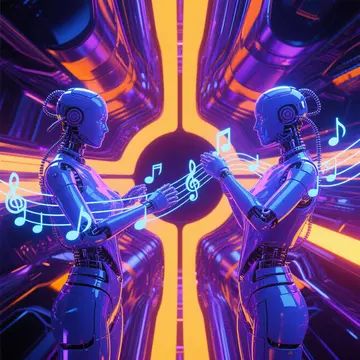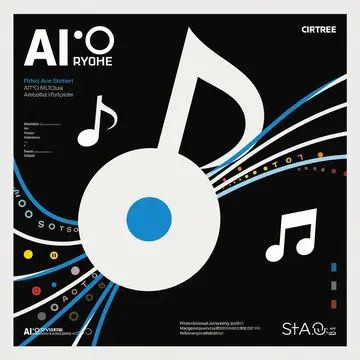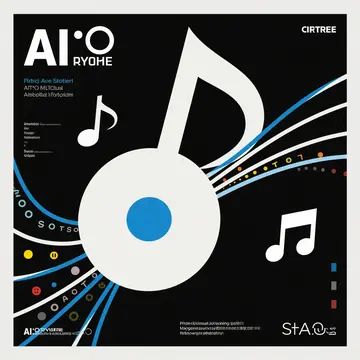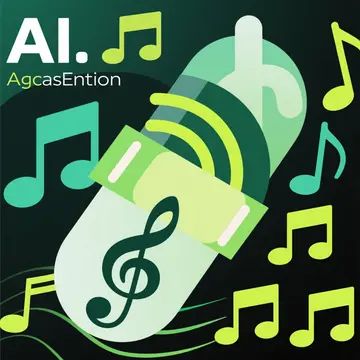Introduction: Choosing Your AI Music Approach
The AI music revolution offers two paths: AI-assisted tools for collaborative creativity or AI-generated platforms for instant compositions. But which suits your workflow?
This guide breaks down:
? Best AI-assisted tools (for producers & songwriters)
? Top AI-generated platforms (for quick content creation)
? Key differences in control, quality, and copyright
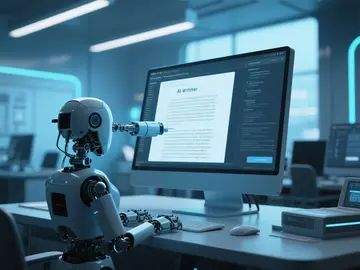
AI-Assisted Music Tools: Enhancing Human Creativity
??? For Composition & Ideation
| Tool | Best For | Key Feature |
|---|---|---|
| Amper Music | Quick backing tracks | AI adapts to your style |
| AIVA | Cinematic/scoring | Emotion-based composition |
| Soundraw | Melody/harmony gen | Customizable AI loops |
Why Use Them?
Overcome writer’s block with AI suggestions
Speed up drafting while keeping creative control
??? For Production & Mixing
| Tool | Best For | Key Feature |
|---|---|---|
| LANDR | Mastering | AI-powered audio finishing |
| iZotope Neutron | Mixing | Smart track balancing |
| Splice Sounds | Sample discovery | AI-driven recommendations |
Pro Tip: These tools augment skills but won’t replace ear training.
Fully AI-Generated Music Platforms
? For Instant Tracks
| Tool | Best For | Output Style |
|---|---|---|
| Boomy | Royalty-free music | Pop/EDM/Hip-Hop |
| Soundful | Background tracks | Generic but polished |
| Mubert | Stream-safe music | Algorithmic electronic |
Use Cases:
Content creators needing quick background music
Prototyping song ideas before human refinement
?? For Experimental/Algorithmic Music
| Tool | Best For | Unique Edge |
|---|---|---|
| Jukedeck (discontinued, but pioneered AI-gen) | - | - |
| OpenAI’s MuseNet | Genre-blending | Deep learning compositions |
Limitation: Outputs often lack dynamic variation without human editing.
AI-Assisted vs AI-Generated: Key Differences
| Factor | AI-Assisted | AI-Generated |
|---|---|---|
| Control Level | High (you steer AI) | Low (AI decides) |
| Copyright | You own it | Often royalty-free/public domain |
| Best For | Original music | Functional music (ads, games) |
| Learning Curve | Moderate (need music knowledge) | Low (anyone can use) |
Case Study:
Tame Impala’s Kevin Parker uses AI-assisted mixing but avoids full AI generation to preserve his signature sound.
How to Choose: 3 Decision Factors
1?? Your Goal
Artistic expression? → AI-assisted (e.g., Amper, LANDR)
Quick, functional music? → AI-generated (e.g., Boomy)
2?? Skill Level
Beginners benefit from AI-generated tools
Pros leverage AI-assisted for efficiency
3?? Copyright Needs
Commercial projects? Prioritize AI-assisted for clear ownership
FAQ: AI Music Tools
? Can I monetize AI-generated music?
Yes, but check platform rules. Some AI-gen tools (like Soundful) offer licenses, while others retain rights.
? Which is better for YouTube background music?
AI-generated (e.g., Mubert) for hassle-free, copyright-safe tracks.
? Do professional producers use AI tools?
Absolutely! Many use AI-assisted tools for mixing/mastering (e.g., LANDR) but avoid full AI generation.
Future Trends: Where AI Music Tools Are Heading
?? Predictions for 2025-2030:
AI “bandmates” that improvise in real-time (Google’s MusicLM hints at this)
Voice-to-instrument AI (sing a melody → get a full arrangement)
Blockchain-backed AI music rights for clearer ownership
Final Verdict: Start Here
For Artists & Producers:
→ Try Amper or AIVA for AI-assisted composing
→ Use LANDR for AI mastering
For Content Creators:
→ Generate quick tracks with Boomy or Soundful
Remember: AI is a tool, not a replacement. The best music blends human creativity with AI efficiency. ??

